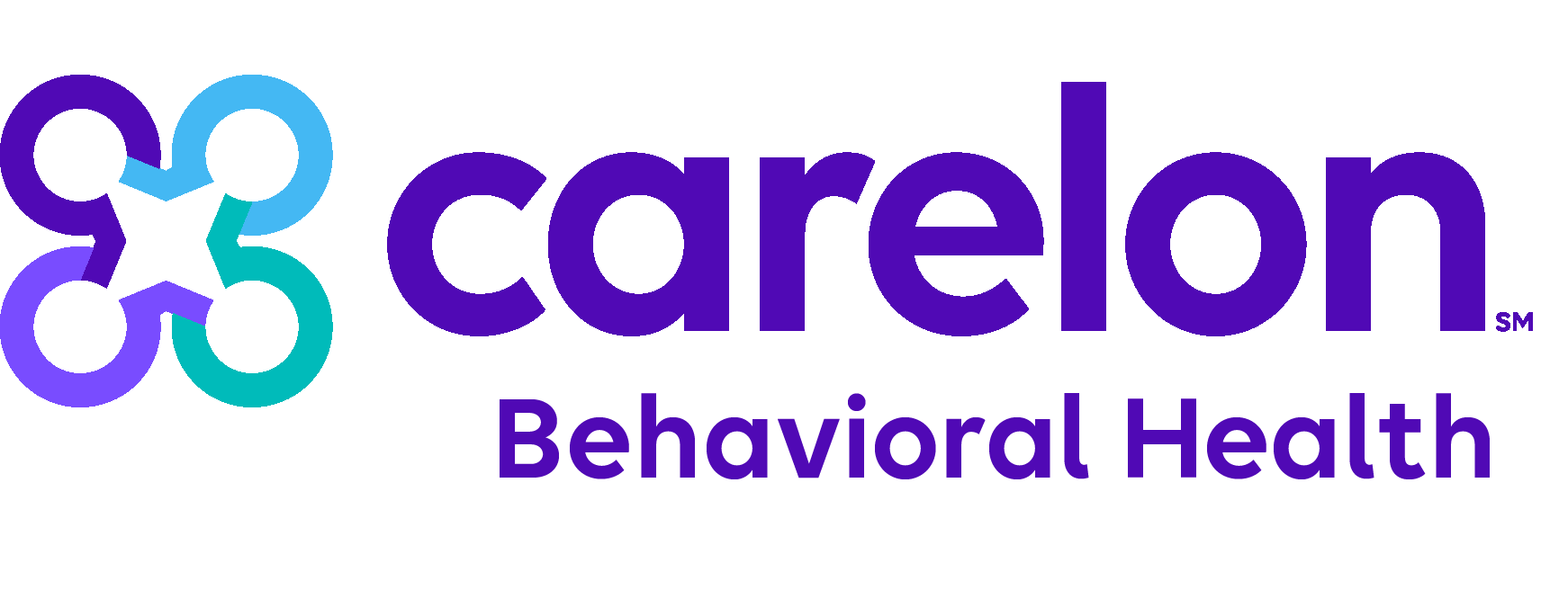ABCs of Mental Health Care
Seeking Help
print Choosing a Treatment center
Choosing a treatment center for a behavioral health issue is a daunting endeavor. Credentials, accreditation, quality, cost, program philosophy, staffing and insurance issues are all factors to be considered. However, most admissions to behavioral health or substance abuse centers usually are prompted by a small crisis, so there is seldom time for adequate investigation. Here are a few things to consider when looking for a treatment program.
Get Names
To get started, seek recommendations:
When possible, obtain a recommendation from a trusted physician or behavioral health professional. “Where would you refer a loved one with a similar problem?” is always a good question.
Ask trusted friends, clergy or other professionals if they have any specific recommendations.
You may also consult referral hotlines of professional organizations, including your state or local medical societies, mental health associations or other professional groups. These agencies can provide a list of member organizations and credentialed professionals who specialize in the area of your concern. Cost, insurance issues or other logistical barriers may prevent admission to one program but not to another. If you cannot get to the best program available, at least you can avoid a bad one.
You may also call your behavioral health insurance carrier and ask for a list of approved facilities. Your company?s employee assistance program (EAP) can also provide valuable insight and recommend a specific program or professional.
Ask Questions
Once you have narrowed your choices you can begin making your queries. There are two very important areas to cover in these initial queries:
Try to determine the professional staff?s expertise and experience in treating the specific illness or condition.
Get a feel for the organization?s quality, management and accreditation.
Professional Quality
Ask about the professional credentials and expertise of the staff. A number of different types of providers offer behavioral health services:
Psychiatrists are medical doctors who have completed special training in psychiatry. They can prescribe medication in addition to providing psychotherapy.
Addiction medicine professionals are medical doctors certified by the American Society of Addiction Medicine. They are required to have specific and continuing education in the diagnosis and treatment of addictive disorders. They are well trained in treating individuals with substance abuse problems.
Psychologists have a doctoral degree and are trained in individual, group and family psychotherapy. They can conduct psychological testing and other diagnostic assessments as part of the evaluation and/or treatment milieu.
Most other therapists have a master?s degree in a related discipline, including licensed clinical social workers (LCSW), advanced registered nurse practitioners (ARNP) and licensed mental health counselors (LMHC). In general, these practitioners provide assessments, individual, family and group counseling, and discharge planning.
Certified addiction professionals (CAP) specialize in counseling and assessment of addictive disease. At a minimum they have an associate?s degree and have fulfilled state guidelines and passed a certification exam.
If you want to know more about a specific clinician, you may contact her state?s licensing board?s Web site and via the National Practitioner Data Bank (http://www.npdb-hipdb.com/) to see if there is any history of malpractice suits or licensing sanctions.
Specific questions to ask:
- What is the program philosophy and therapeutic goals?
- What are the expertise and credentials of the staff?
- What is the level of experience of the medical or clinical director?
- Does the organization provide support services to assist family members?
Professional Quality
The Joint Commission on Accreditation of Healthcare Organizations (JCAHO) and Commission on Accreditation of Rehabilitation Facilities (CARF) accredit and certify standards of quality for hospitals and behavioral health organizations.
As independent, not-for-profit organizations, JCAHO and CARF are the nation's predominant standards-setting and accrediting bodies in health care. Both organizations research and develop professionally based standards and evaluate the quality and compliance of health care organizations against these standards.
Specific questions to ask:
- Is the center or specific treatment program accredited by JCAHO or CARF?
- Does the treatment center offer a full range of services needed for the diagnosis and treatment of the specific condition?
- How long has the center been in operation under its current management? (Behavioral health centers are frequently bought and sold and operate under new management and staff without ever changing the name.)
- Does the organization accept your health insurance plan?
- What is the deductible and co-pay?
- Are there additional costs for doctors, specialists, testing, etc.?
- What are the visitation policies?
- Anything else that concerns you.
Although there is no sure way to predict the quality or outcome when dealing with a behavioral health issue, addiction or psychiatric illness, being an informed and intelligent consumer will certainly increase the odds.
By Drew Edwards, EdD, MS
© 2005 Achieve Solutions
